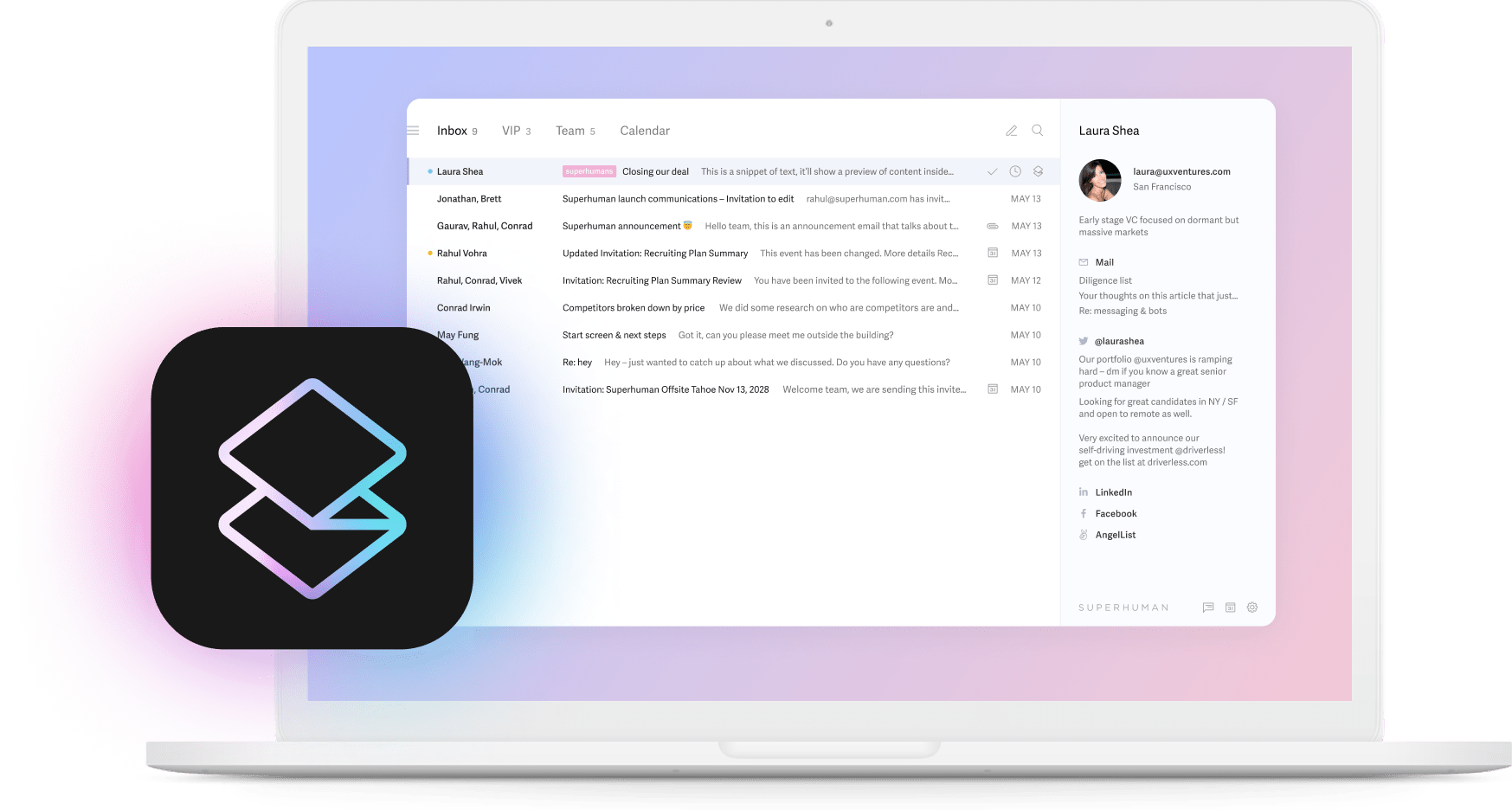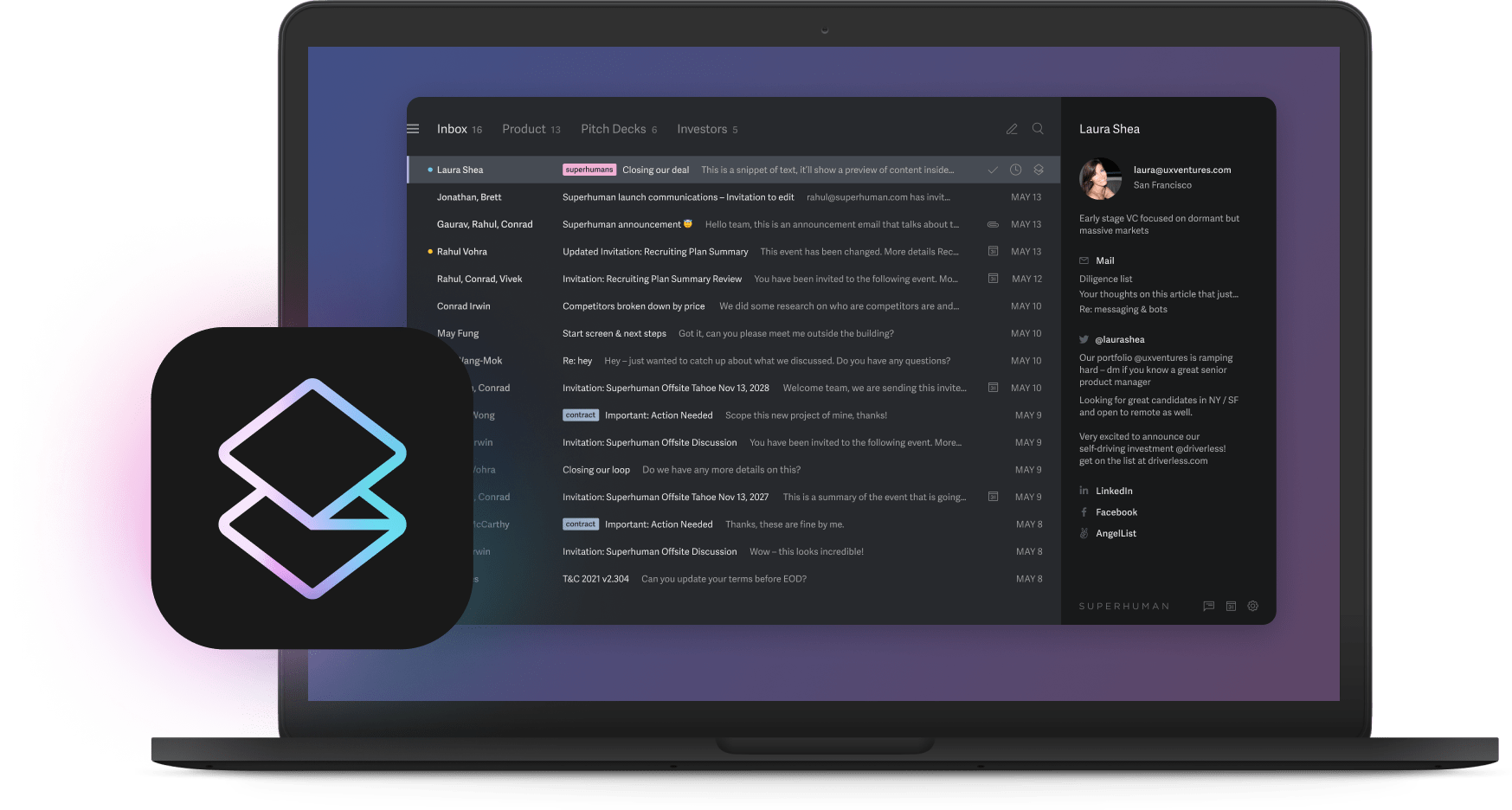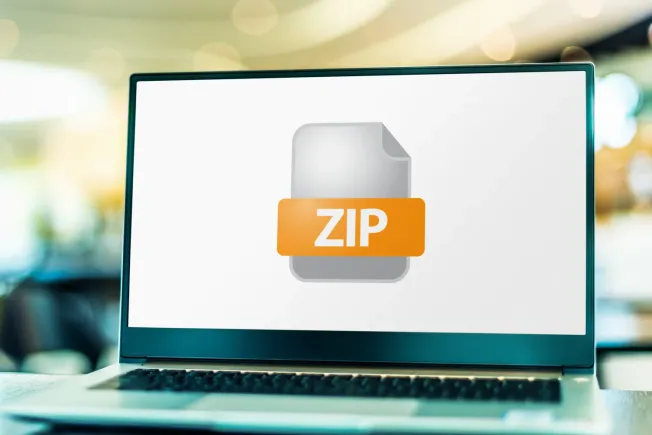
Email marketing automation has evolved from a simple batch-sender into a strategic productivity engine. With resources stretched thin, businesses now need the best email marketing automation software and effective productivity extensions to make communication more efficient.
Your inbox fills up while the business world races forward. Good automation turns those endless messages into meaningful connections, sending personalized content exactly when someone needs it and showing you exactly who's paying attention.
Automated emails generate 320% more revenue than non-automated ones. This represents significant money vanishing from your business without proper automation. Currently, 51% of companies use marketing automation, with over half of B2B companies planning to adopt it soon.
AI has crashed into email marketing like a meteor, changing everything. AI now enables deeper customer segmentation, predictive content delivery, and personalized journeys that seemed impossible just a few years ago.
Why this matters? Email devours time. 44% of workers spend over 5 hours weekly on email, with 16% spending more than 10 hours. This amounts to an entire workday disappearing into your inbox every week.
The right email automation software fits your specific needs and transforms routine communication into a genuine business advantage while helping you be effective at work.
Understanding email marketing automation
What makes it tick
Email marketing automation sends targeted messages to your audience based on triggers, schedules, or specific behaviors without manual sending. It works with effective list-building strategies to grow your audience. For busy teams juggling multiple priorities, this technology handles repetitive tasks while delivering relevant content to the right people.
Why it matters for you
What matters for you
The benefits cut straight to your bottom line:
- Scale without breaking: Talk to thousands of people without working thousands of hours. Your audience grows, but your workload doesn't.Get your time back: Set up welcome emails, birthday messages, and abandoned cart reminders once, then focus on work that needs your creativity.
- Make it personal: Create messages that feel handcrafted for each recipient, like suggesting products based on what someone bought last month, not what everyone is buying.
- Convert more customers: Guide potential customers through your sales process with messages that arrive at exactly the right moment in their journey.
What's coming next
Email marketing keeps evolving, with AI leading the charge:
- Predictive analytics: AI studies past campaigns to figure out when someone's most likely to open an email, which subject lines grab attention, and what content resonates with different audience segments.
- Smart segmentation: Advanced AI creates audience groups based on behaviors that humans might miss, ensuring messages reach exactly the right inboxes, while AI tools for sales prospecting help sales teams improve their success.
- AI-generated content: New platforms help craft compelling email copy and design elements in minutes instead of hours.
Matching software to your business needs
Choosing email marketing automation isn't about chasing features but finding what solves your specific challenges.
What actually matters for your company
Consider these factors when selecting your email marketing automation software:
- Business size: A five-person startup has different needs than a 500-person enterprise. Smaller teams need intuitive tools that work without dedicated specialists.
- Budget reality: Know your spending limits, but remember that the right tool pays for itself by converting more customers and saving countless hours.
- Industry fit: E-commerce companies need abandoned cart recovery and product recommendations. Service businesses need appointment reminders and follow-up sequences.Marketing goals: Finding new leads requires different features than nurturing existing customers or driving repeat purchases.
- Use cases: Map out the specific email journeys you need. Welcome series for new subscribers? Order confirmations? Re-engagement campaigns for dormant customers?
The best software feels like it was built specifically for your problems, not like you're adapting to someone else's solution.
Essential features worth paying for
Watch for these capabilities when comparing your options:
- Segmentation: Group your audience by what they've bought, clicked, or browsed, not just basic demographics, so messages feel personally relevant.
- Analytics that matter: Look for tools that show you what's actually working, not just how many people opened an email. Can you track conversions back to specific messages?
- Integration: Your email platform should talk seamlessly with your customer database, shopping cart, and other sales tech tools so you see the complete picture of each relationship.
- Personalization: Beyond adding someone's name, can you dynamically change content based on past purchases or browsing behavior?
- Workflow flexibility: Visual builders let you design complex, multi-step campaigns without coding. Can you create branching paths based on how people respond?
- Mobile-ready templates: Save hours of design work and ensure your messages look good on any device.
- List health management: Features for cleaning your list, handling unsubscribes, and managing inactive contacts keep your database healthy and your deliverability strong.
- Compliance tools: Built-in features for permission management and privacy regulations protect you from costly mistakes.
Finding software that matches your actual needs means your team will use it consistently, which ultimately delivers results.
The best email marketing automation software options
Hubspot marketing hub
HubSpot Marketing Hub connects your customer data, marketing tools, and automation workflows in one place. Its clean interface makes complex campaigns feel simple, while powerful analytics show exactly what's working.
Why it stands out:
- CRM integration that shows the complete customer journey
- Visual workflow builder for complex automation sequences
- Detailed performance analytics down to individual contact engagement
- Connects with virtually any other marketing tool
Perfect for: Companies with ambitious growth plans that want a platform that scales with them.
HubSpot offers a free tier with basic features, while paid plans scale up as your marketing needs grow.
ActiveCampaign
ActiveCampaign shines by combining deep customer insights with powerful automation. Its ability to segment audiences based on subtle behaviors helps you send exactly the right message at the right moment.
Why it stands out:
- Behavior-based segmentation that catches subtle engagement patterns
- Dynamic content that changes based on customer attributes
- Built-in CRM that tracks the complete customer relationship
- Flexible automation designer for complex multi-step campaigns
Perfect for: Teams ready for sophisticated marketing without needing a technical background.
ActiveCampaign's pricing tiers make advanced automation accessible to smaller teams without enterprise-level budgets.
GetResponse
GetResponse stands out with its approachable interface and built-in webinar functionality. It makes sophisticated email marketing accessible even to marketing beginners.
Why it stands out:
- Drag-and-drop email builder anyone can use
- Ready-to-use automation templates for common scenarios
- Built-in webinar and landing page tools
- Conversion funnels that connect multiple marketing steps
Perfect for: Small businesses just starting with automation who want room to grow.
GetResponse's affordable pricing works well for smaller marketing budgets while still offering solid capabilities.
Mailchimp
Mailchimp remains popular for its user-friendly approach and strong e-commerce integration. It's particularly suited for creative businesses and online stores who need simplicity without sacrificing capabilities.
Why it stands out:
- Intuitive drag-and-drop email builder
- Direct connections to major e-commerce platforms
- Pre-built customer journeys for common scenarios
- Extensive template library for quick campaign creation
Perfect for: Creative businesses and small online stores needing simplicity and solid e-commerce features.
Mailchimp offers a genuinely useful free plan for lists under 2,000 contacts, with paid options adding more capabilities as you grow.
Klaviyo
Klaviyo speaks the language of e-commerce with purpose-built features for online stores. Its focus on shopping behavior and purchase patterns helps drive more sales from your email list.
Why it stands out:
- Real-time analytics showing revenue from each campaign
- Product recommendation engine based on purchase history
- Advanced testing capabilities for optimizing conversion
- Deep integration with major e-commerce platforms
Perfect for: E-commerce businesses that want to turn customer data into sales.
Klaviyo's pricing scales with contact volume, starting with a free tier for small lists and growing with your customer base.
Superhuman (For Daily Email Productivity)
While not a mass email marketing platform, Superhuman transforms how teams handle day-to-day email communication, acting as one of the best sales productivity tools. By providing a streamlined workflow and advanced email capabilities for sales, it makes individual email interactions faster and more effective. This is particularly valuable for high-touch businesses where personal communication matters.
Why it stands out:
- AI-powered writing assistance that speeds up responses
- Pre-defined email snippets for sales that boost efficiency
- Split Inbox for better organization of different communication types
- Smart follow-up reminders so opportunities don't slip through cracks
Perfect for: Teams who need to respond faster and more personally to important contacts while handling a high volume of email.
Teams using Superhuman save 4 hours weekly per person, respond 12 hours faster, and handle twice as many emails in the same time.
Try SuperhumanHow to choose your perfect match
Selecting the right email automation tool requires looking beyond flashy feature lists. Here's how to make a decision that actually serves your business needs.
Make a smart decision
Create a decision matrix with these factors to evaluate different options:
- Budget reality: Factor in implementation time, training needs, and potential ROI beyond just the sticker price.
- Must-have features: List the non-negotiable capabilities you need today, not what might be nice someday.
- Integration requirements: Does the tool work with your existing tech stack without requiring custom development?
- Growth headroom: Can the platform grow as your needs evolve, or will you outgrow it in a year?
- Audience alignment: Is the tool designed for businesses like yours, or will you be fighting against its design assumptions?
Practical wisdom from the trenches
Industry veterans offer these insights to guide your decision:
- Integration first: "A perfectly featured email platform that doesn't connect with your customer database is just another data silo," notes email consultant Val Geisler. Choose tools that play well with your existing systems.
- Try before you buy: Don't commit based on demos alone. Put the platform through real-world tests with your actual campaigns and customer data.
- Avoid feature overload: Pay for what you'll actually use, not theoretical possibilities.
- Support matters: The quality of onboarding and ongoing help directly impacts your results. Check support hours, response times, and training resources before deciding.
- Team adoption reality: Involve the people who'll use the software daily in the decision process. The most powerful platform accomplishes nothing if your team finds it too frustrating to use.
Remember that the best email marketing tool isn't necessarily the one with all the fancy features. It's the one your team will actually adopt and use consistently.
The future of email marketing automation
Email marketing automation is racing toward a more intelligent, personalized future, with AI in email marketing leading the way.
AI is changing everything
Here's what's already happening and what's coming next:
- Hyper-personalization: Soon, AI will analyze hundreds of behavioral signals to create entirely unique content for each recipient, going far beyond simple name insertion.
- Predictive analytics: Advanced algorithms are getting remarkably good at knowing what people want before they do. Future systems will spot when a customer is about to leave or identify the perfect moment for an upgrade offer before any human could see these patterns.
- Smart segmentation: Current segmentation will seem primitive compared to what's coming. Next-generation AI will continuously regroup your audience based on real-time behaviors, creating dynamic segments that evolve automatically.
- Content generation: AI writing tools already help craft subject lines and basic emails, but they're becoming true creative partners generating complete campaigns tailored to your brand voice.
- Autonomous optimization: Future platforms will continuously test and improve campaigns without human intervention, automatically adjusting content, timing, and delivery to maximize results.
Getting ready for the change
Staying competitive in this evolving landscape requires preparation:
- Stay informed: Follow email marketing thought leaders, attend virtual conferences, and study successful case studies of AI implementation.
- Invest in learning: Help your team develop data literacy and basic AI knowledge to collaborate effectively with new technologies.
- Start small: Begin using AI features with defined, measurable experiments. Try AI-written subject lines against your human-crafted versions.
- Focus on data quality: AI systems only perform as well as the data they learn from. Clean your customer data and build reliable tracking mechanisms.
- Balance AI with humanity: The most successful future campaigns will blend AI efficiency with human creativity and empathy. Focus on how technology can enhance human work rather than replacing it.
Superhuman's State of Productivity AI report shows AI is transforming communication broadly, not just in marketing. Embracing AI can be particularly effective when managing remote teams, allowing for better collaboration across distances.
The businesses that thrive will be those that embrace these technologies thoughtfully, using them to create more meaningful connections with customers.
Wrapping up
Choosing the best email marketing automation software transforms your communication strategy from scattered messages to coordinated customer journeys. The right tool helps you deliver relevant content to the right people at precisely the right moments without spending your days manually scheduling emails.
When selecting your automation solution, focus on matching features to your specific business challenges rather than chasing the longest feature list. Consider your team size, technical capabilities, growth trajectory, and integration needs.
Keep your eye on emerging AI capabilities that continue to reshape email marketing. These technologies offer increasingly sophisticated personalization, prediction, and efficiency, creating opportunities for businesses that adapt quickly.
Superhuman helps teams fly through their inboxes and reclaim hours every week, enabling faster replies, more efficient processing, and less email overload. Teams respond 1–2 days sooner, handle twice as many emails in the same amount of time, and save 4 hours per person weekly. This represents what email should have been from the beginning.






